The world has become an interconnected marketplace, with international trade playing a crucial role in economic growth. Following India’s liberalization policies of LPG (Liberalization, Privatization, Globalization), the export and import sectors have witnessed a significant boom. A 2022 report by the UN Trade and Development estimated the value of global trade reached a record level of $28.5 trillion in 2021, highlighting the immense potential for businesses venturing into the international arena.
However, navigating the complexities of exporting can be daunting, especially when it comes to adhering to legal formalities and securing the necessary export documentation.
The Importance of Export Documentation
In international trade, meticulous export documentation is paramount. Export documentation serve as the official record of a transaction, facilitating smooth customs clearance and ensuring compliance with regulations. Accurate and complete export documentation minimizes delays, reduces associated costs, and safeguards your business from potential legal ramifications.
What is Export Documentation?
Export documentation is a collection of official papers required for the international movement of goods. These documents provide a detailed record of the transaction, including the nature and value of the goods being exported, the origin and destination countries, and the parties involved.
Tailored Export Procedures
While some procedures remain universal, export regulations can vary significantly depending on the specific goods being exported, the destination country, and the value of the shipment. Familiarizing yourself with the specific requirements for your intended export is crucial.
Step-by-Step Export Procedure
Receipt of Order:
The first step commences with receiving an order from a foreign importer, either directly or through indent houses (companies that facilitate trade between exporters and importers).
Licensing and Quotas:
Certain goods may require licenses or quota approvals from government agencies. Researching these requirements and obtaining the necessary permits well in advance is essential.
Letter of Credit:
Securing a letter of credit (LC) from the importer provides financial security for your export transaction. An LC acts as a guarantee that the importer will fulfill their payment obligations.
Foreign Exchange Rate:
Fixing the exchange rate between your domestic currency and the importer’s currency helps manage financial risks associated with fluctuating exchange rates.
Foreign Exchange Regulation Act (FERA) Compliance:
Ensure you comply with the regulations outlined in the Foreign Exchange Regulation Act (FERA), which governs the exchange and remittance of foreign currency in India.
Order Execution:
Once all formalities are complete, proceed with fulfilling the order as per the agreed specifications and timeline.
Forwarding Agent and Customs Permit:
A freight forwarding agent handles vital logistics, including obtaining customs clearance permits required for export.
Bill of Lading:
Upon presenting a receipt copy to the shipping company, a Bill of Lading (BoL) is issued. This document serves as a contract of carriage between the exporter and the carrier, outlining the terms and conditions for the transportation of your goods.
Shipment Advice:
A shipment advice document, also known as a pre-advice or shipping notification, is a crucial step in keeping your importer informed and facilitating a smooth import process. This document typically includes details like:
- Reference numbers: Links the shipment advice to the original sales contract and proforma invoice.
- Bill of Lading (BoL) or Air Waybill (AWB) reference: Provides the importer with the unique identifier for their shipment, allowing them to track its progress.
- Description of goods: A brief description of the goods being shipped, including quantity, weight, and volume.
- Expected arrival date: An estimated date of arrival at the destination port or airport, helping the importer plan for customs clearance and receiving the goods.
Realizing Export Proceeds:
Realizing export proceeds refers to the process of collecting payment for your exported goods. To secure your payment,you’ll typically present a set of documents to your bank, which may include:
- Commercial invoice: The official bill of sale outlining the goods sold, their value, and payment terms.
- Bill of Lading (BoL) or Air Waybill (AWB): Acts as a document of title, providing evidence of ownership of the goods during transportation.
- Packing list: Details the contents of the shipment, including itemized quantities and descriptions.
- Certificate of origin: Verifies the country of origin of the exported goods, potentially impacting import duties.
- Letter of credit (optional): If used, the original letter of credit issued by the importer’s bank, guaranteeing payment upon fulfillment of specified conditions.
Key Documents Required for Export
Here’s a breakdown of some crucial export documentation you’ll encounter:
Commercial Invoice:
This document acts as a detailed bill of sale, specifying the goods being exported, their quantity, value, and payment terms.
Packing List:
A packing list provides a comprehensive itemization of the shipment, including the quantity, description, and packaging details of each item.
Certificate of Origin:
This document, issued by a recognized chamber of commerce or government agency, verifies the country of origin of the exported goods.
Air Waybill (AWB):
Required for air freight shipments, an AWB facilitates tracking of your goods and serves as a contract of carriage between you and the airline.
Bill of Lading (BoL):
As mentioned earlier, a BoL is a critical document for sea freight shipments, acting as both a receipt of goods and a contract of carriage.
Electronic Export Information (EEI):
Electronic data pertaining to your export shipment filed through the Automated Export System (AES), a mandatory requirement for most exports from the United States.
Export Licenses:
Certain goods may require specific export licenses from government authorities for national security, environmental, or other reasons.
Letter of Undertaking:
A Letter of Undertaking (LUT) is mandatory for most exporters in India to claim a refund of IGST paid on export-oriented inputs. It ensures exporters fulfill export obligations and prevents revenue leakage. Non-compliance with LUT requirements can lead to penalties and interest.
Understanding Export and Import Regulations
Successfully navigating the complex web of export and import regulations is crucial for businesses engaged in international trade. Understanding the regulatory framework of both your country and the destination country is essential to ensure compliance and avoid costly penalties.
Key Considerations:
- U.S. Export Restrictions: The United States maintains a robust export control system to regulate the export of certain goods, technology, and services for national security, foreign policy, and non proliferation reasons. Familiarize yourself with the Export Administration Regulations (EAR) and the Bureau of Industry and Security (BIS) website for detailed information.
- Import Restrictions: Research the import regulations of the destination country to identify any import quotas, tariffs, licenses, or prohibited items. Partner with a customs broker or trade advisor to stay updated on the latest regulations.
- Freight Forwarders and Incoterms 2020: Engage the services of a reliable freight forwarder to handle the complex logistics of international shipping. Understand the Incoterms 2020 rules to clarify responsibilities and costs between the exporter and importer.
- Product Labeling: Ensure accurate and compliant product labeling to meet the requirements of both the exporting and importing countries. This includes information about product composition, safety standards, and country of origin.
- Packaging and Handling: Proper packaging and handling are essential to protect your goods during transit. Consider factors like product fragility, climate conditions, and transportation mode when choosing packaging materials. For hazardous materials (Hazmat), adhere to strict packaging and labeling regulations.
- Carrier Selection and Insurance: Choose a reputable carrier with a track record of safe and timely deliveries. Obtain adequate insurance coverage to protect your goods against loss, damage, or delay during transit.
Export Documentation and Compliance
Maintaining meticulous records and adhering to export compliance regulations are fundamental to the success of your export business.
Key Elements of Export Compliance:
- Accurate and Complete Documentation: Ensure all export documentations are accurate, complete, and up-to-date. Inaccurate or missing documentation can lead to delays, fines, and even legal repercussions.
- Automated Export System (AES): Understand the AES and its requirements for filing electronic export information. Timely and accurate AES filings are crucial for complying with export regulations.
- Export Compliance Programs: Implement a comprehensive Export Compliance Program (ECP) within your organization. An ECP outlines procedures, training, and controls to prevent violations of export laws.
- Recordkeeping: Maintain detailed records of all export-related activities for at least five years. These records should include export licenses, shipping documents, commercial invoices, and correspondence.
Financial Aspects of Exporting
Exporting involves managing international payments and currency fluctuations. Establishing a strong relationship with an international banking partner is essential for smooth transactions.
Payment Options:
- Letters of Credit (LCs): LCs offer a secure payment method, providing assurance that the importer will fulfill their payment obligations.
- Bank Transfers: Also known as wire transfers, bank transfers are a direct method of transferring funds between bank accounts.
- Open Account: This method involves shipping goods to the importer without upfront payment, relying on the importer’s creditworthiness.
Finalizing and Executing the Export
The final stages of the export process involve meticulous preparation and execution.
Key Considerations:
- Organization and Product Selection: Choose products with high export potential and align your organization’s capabilities with the export market.
- Market Selection: Conduct thorough market research to identify suitable markets for your products. Consider factors like market size, competition, and consumer preferences.
- Pricing and Costing: Develop a competitive pricing strategy while ensuring profitability. Factor in production costs, shipping expenses, customs duties, and exchange rates.
- Export Credit Agencies: Explore the support offered by export credit agencies to mitigate risks associated with international trade.
- Execution Preparations: Ensure proper product marking, packaging, and insurance coverage. Obtain necessary inspection certificates and comply with export packaging guidelines.
- Forwarding Agent Responsibilities: Collaborate with a freight forwarder to handle customs clearance, shipping documentation, and logistics.
Additional Resources and Notes
- Country Commercial Guides: Utilize Country Commercial Guides published by the U.S. Department of Commerce to access in-depth information about customs regulations, documentation requirements, and market conditions in specific countries.
- Special Export Documents: Depending on the nature of your goods, you may require additional certificates, such as certificates of cleanliness, compliance, safety, or health.
Conclusion
The world of exporting may appear complex, but with meticulous preparation and a clear understanding of the essential procedures and documentation, you can navigate this maze with confidence. By prioritizing accurate documentation, adhering to export regulations, and partnering with reliable freight forwarder like Intoglo and financial institutions, you can ensure a smooth and successful export journey.
Intoglo: Your Partner in Export Success
Intoglo offers a comprehensive suite of services to streamline your export process and ensure compliance. Our experts can assist you with:
- Ocean FCL Shipments
- Amazon Walmart Shipments (FCL)
- Transloading, Palletization
- 3PL Warehousing across USA
- Trucking across USA & India
- Dedicated 24/7 Assistance on your Shipment
- Compliance & Customs clearance
Contact Intoglo today to learn more about how they can support your export endeavors.


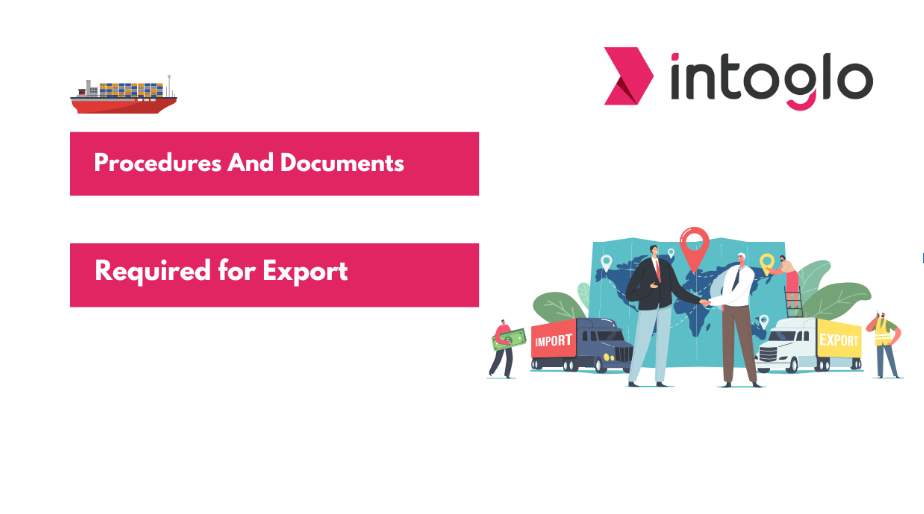
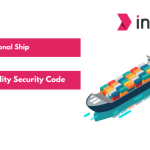

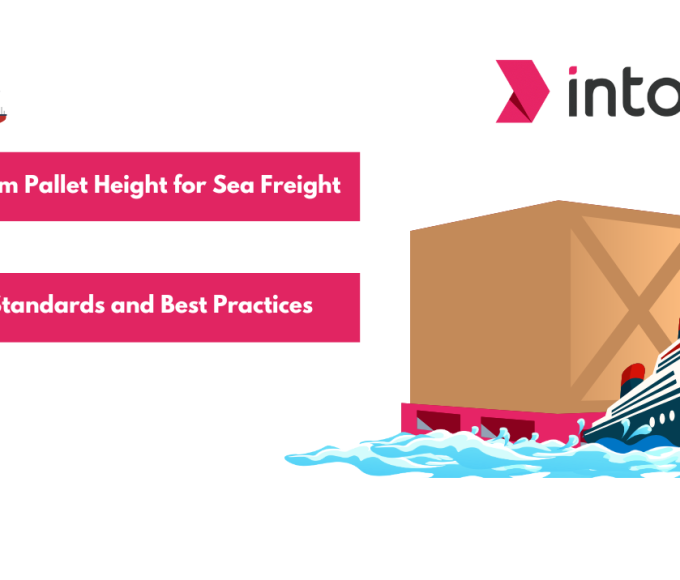

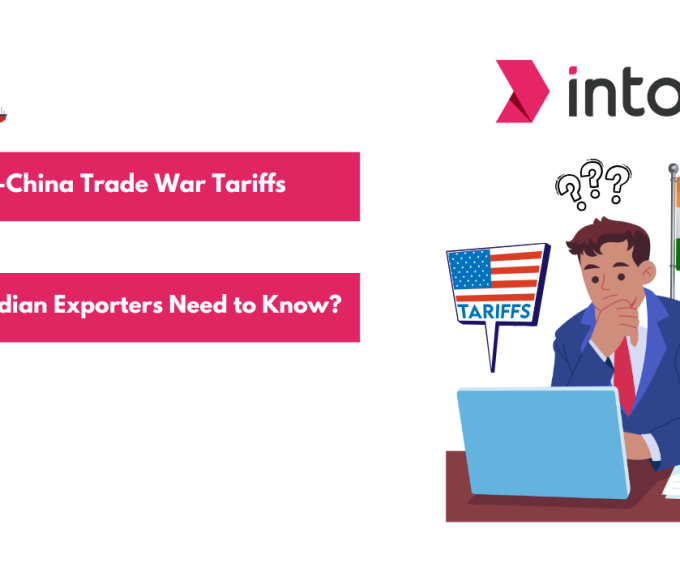
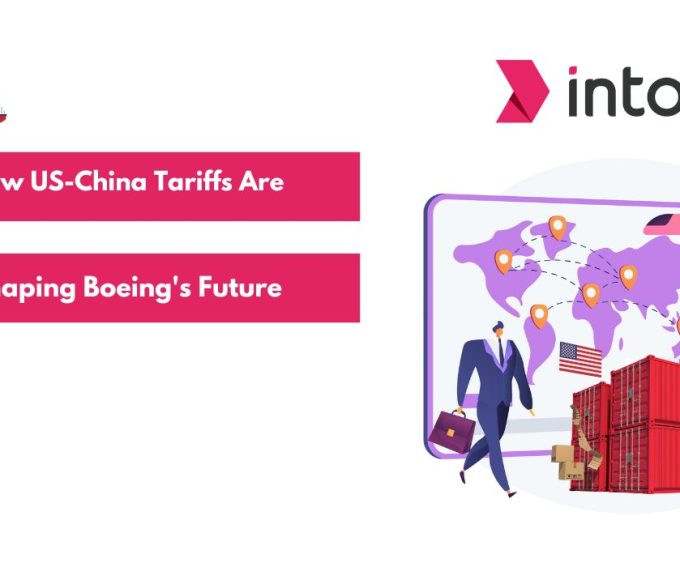
Leave a comment